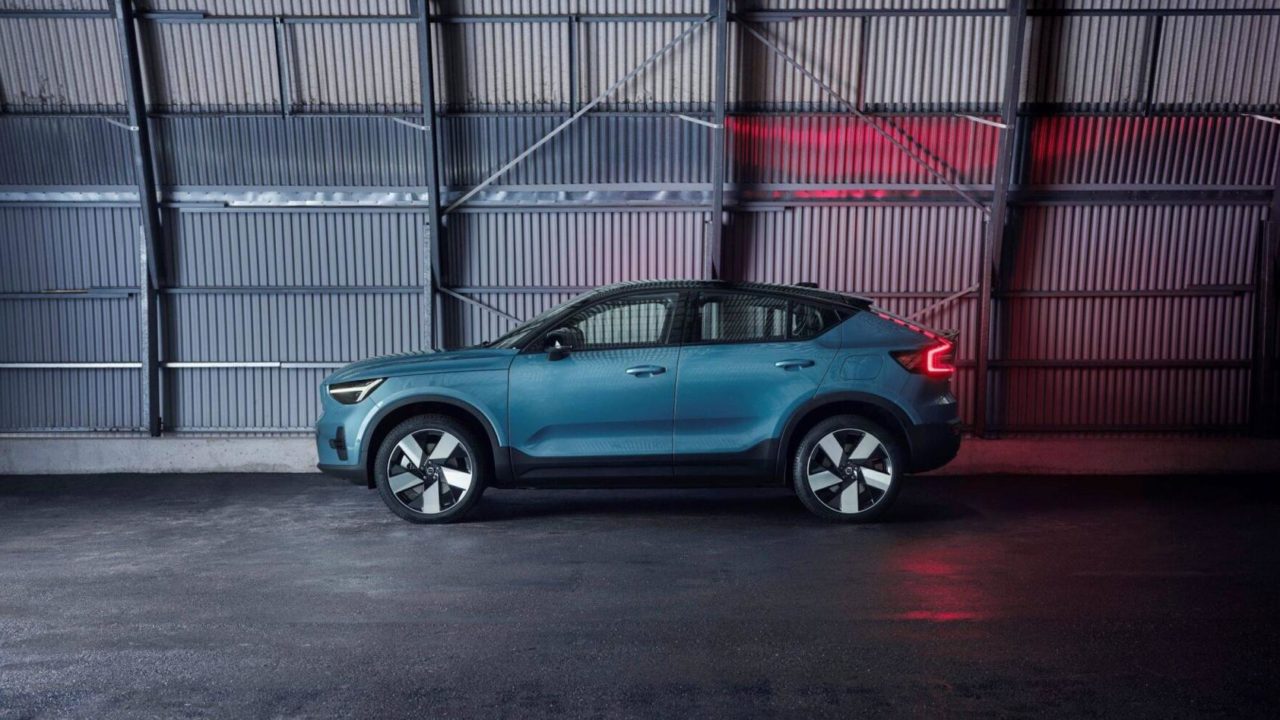Volvo going all-electric for SC-made S60, other vehicles, by 2030
Volvo Cars is phasing out gasoline-powered vehicles and will convert its entire product line, including the S60 sedan it builds in South Carolina, to electric power by 2030, the automaker said Tuesday.
Saying there is no long-term future for cars with an internal combustion engine, the automaker said its all-electric lineup will roll out over the next few years until gasoline engines are no longer an option. Hybrids will also be eliminated.
The company also is putting a bigger focus on internet sales, with its all-electric vehicles available online only by 2030. Volvo said its dealership network will still market its vehicles as well as deliver and service cars. Volvo has clashed in recent years with its dealers, who have been wary of the automaker’s growing focus on online sales.
“To remain successful, we need profitable growth. So instead of investing in a shrinking business, we choose to invest in the future – electric and online,” Volvo CEO Hakan Samuelsson said in a statement. “We are fully focused on becoming a leader in the fast-growing premium electric segment.”
Volvo said the move is partly driven by the company’s climate plan, which seeks to reduce the life-cycle carbon footprint of its cars. The decision is also strategic financially, with Volvo predicting gasoline’s demise as legislation tightens emissions standards and vehicle charging systems proliferate.
Volvo, based in Sweden but owned by China’s Geely Holding Group, launched its first fully electric car, the XC40 Recharge, last year. The company announced its second all-electric vehicle – the C40 Recharge – on Tuesday. Volvo says the C40 Recharge, which will be built in Belgium, “has all the benefits of an SUV but with a lower and sleeker design” that resembles a sedan.
The C40 Recharge “features a striking rear-end design to go with the lower roof line,” Volvo said, adding the car “provides customers with the high seating position that most Volvo drivers prefer …”
The automaker is building a battery factory at its $1.1 billion manufacturing campus off Interstate 26 near Ridgeville that will eventually supply power packs for the S60 and a new XC90 SUV that will be built at the site by 2024.
“There is no long-term future for cars with an internal combustion engine,” Henrik Green, Volvo’s chief technology officer, said in a statement. “We are firmly committed to becoming an electric-only car maker and the transition should happen by 2030. It will allow us to meet the expectations of our customers and be a part of the solution when it comes to fighting climate change.”
Despite the rising number of electric vehicles available in the U.S., fully electric cars accounted for less than 2 percent of new-vehicle sales in 2020.
About 2.5 million electric vehicles were sold worldwide last year and industry analyst IHS Markit forecasts that to increase by 70 percent in 2021. Volvo’s global sales of both electric and combustion engine vehicles totaled 661,713 cars in about 100 countries last year. More than 107,000 of those vehicles were sold in the U.S.

